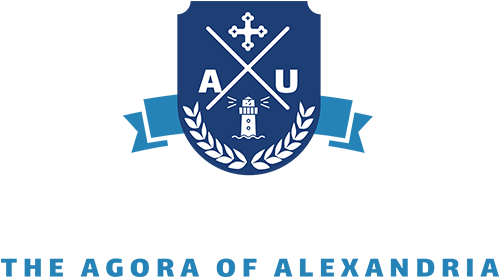Last updated February 3rd, 2025
Certificate in Eastern Christian
The Certificate in Eastern Christian Studies is a specialized program that offers a comprehensive exploration of the rich traditions and theological heritage of Eastern Christianity. Designed to deepen understanding and appreciation of the Eastern Christian faith, this certificate equips students with knowledge of Eastern Christian theology, liturgy, spirituality, and history. Through engaging coursework and interactive learning experiences, participants gain a nuanced perspective on the distinct theological perspectives and practices within the Eastern Christian tradition.
Insightful Synopsis
Overview
The Certificate of Eastern Christian History is a short-term graduate program focused on the history of Eastern Christian communities. The program provides students customizable training through a set of course offerings in Eastern Christian history courses appropriate to educators, church or parachurch ministries, and personal enrichment.
Achievement Results
Outcomes
The Certificate in Eastern Christian History program outcomes are intended to prepare students to:
- Recall a basic knowledge and matters important to the history, culture, and theology of early and Eastern Christianity through the focused study of Eastern Christian history.
- Explain ideas and concepts pertinent to Orthodox Christian history.
- Utilize research methods and theoretical frameworks rooted in Eastern Christian history for engaging contemporary challenges in society.
- Think theologically and critically about the Orthodox Christian tradition both historically and within contemporary church and society.
- Construct and defend a position rooted in Orthodox Christian history.
- Produce new and original work articulating a holistic understanding of Orthodox Christian history.
Required Courses
Church History I: The Early Church
This course provides a survey of the history of the Christian Church from an Orthodox perspective from the coming of our Lord to the Council of Chalcedon (451). Topics to be covered include the Apostolic period, the Early Fathers, the Ecumenical Councils, and the development of the Church’s ecclesiology noting the beginnings of East-West divergences.
The courses listed here are indicative, and there is no guarantee that they will run for the current academic year. Students will take the courses in the order they are made available.
Elective Courses
Students choose Three courses from the followingOriental Church History: The Alexandrian Church I
The aim of this class is for students to explore the marginalized voice of the Oriental Orthodox tradition, to get to know it on its own terms, and to refine this voice in its engagement with disciplinary discourse. The course will focus on the history of the Alexandrian Church and its legacy in Egypt, from the apostolic era of St. Mark until the Ottoman period. The class is designed for students to be able to understand and analyze the multi-faceted factors that shape the current Christian ecumenical dialogue today by looking back into the history of the most ancient native Christian traditions. It will provide students with the tools to aid their study of Oriental Orthodox Church history-students are the ultimate drivers of their education and are given free rein to pursue and research whichever topic piques interest.
Oriental Church History: The Alexandrian Church II
The aim of this class is for students to explore the marginalized voice of the Oriental Orthodox tradition, to get to know it on its own terms, and to refine this voice in its engagement with disciplinary discourse. The course will focus on the history of the Alexandrian Church and its legacy in Egypt, from the end of the Ottoman period unto the present day. The class is designed for students to be able to understand and analyze the multi-faceted factors that shape the current Christian ecumenical dialogue today by looking back into the history of the most ancient native Christian traditions. It will provide students with the tools to aid their study of Oriental Orthodox Church history-students are the ultimate drivers of their education and are given free rein to pursue and research whichever topic piques interest.
Church History II: The Oriental Church
Council of Chalcedon to the present day by tracing key historical events and themes to gain a better understanding of the Oriental Orthodox Christian tradition and its legacy in the Middle Eastern religious mosaic. The examination of this trajectory provides an opportunity to delve into the Oriental Orthodox viewpoint of Christian history. Participants analyze historical themes in order to strengthen their knowledge of and develop an appreciation for this tradition.
History of Ethiopic Christianity
The course will focus on the history of the Church in Ethiopia and Eritrea from its inception until the present day. As an important part of this class, students will learn about the multifaceted landscape of Christianity in the Horn of Africa. Students will study the major figures and events that shaped the Tewahedo Church in its various locales, languages, and cultures. Special attention will be given to the roles of Syriac and Coptic churches in the formation of Tewahedo Christianity. Students will wrestle with the challenges related to the Church in the Horn of Africa as it struggles with recent political persecution.
History of Nubian Christianity
The course will focus on the history of the Church in Nubia from its inception until the present day. As an important part of this class, students will learn about the unique cultures of the historical kingdoms in the Sudan. Students will study the major figures and events that shaped the Nubian Church. Special attention will be given to the roles of the Church of Alexandria in the formation of Nubian Christianity. Students will wrestle with the challenges related to documentation of the Church in Nubia and its eventual, albeit recent decline four centuries ago.
THEIR WORDS
Students' Life-Changing Experiences
See why Orthodox education at this pioneering university is so valuable for life after graduation.
Studying at HTC helped me to perceive the church as a living body of Christ and taught me how to embrace that, and to look at every member of the church as a true member and the one I have to love.

Fady Ghattas
Alumnus
Sample Certificate Study Plan
| Term 1 – Fall | Term 2 – Spring | Term 3 – Summer |
|---|---|---|
| Required Course 1 | Elective 1 | Elective 2 |
| Required Course 2 |
How to Apply?
01
You Apply
Tell us a little about yourself and we’ll help with the rest. Our convenient online application tool only takes 10 minutes to complete.
02
We Connect
After you submit your application, an admissions representative will contact you and will help you to complete the process.
03
You Get Ready
Once you’ve completed your application and connected with an admissions representative, you’re ready to create your schedule.


